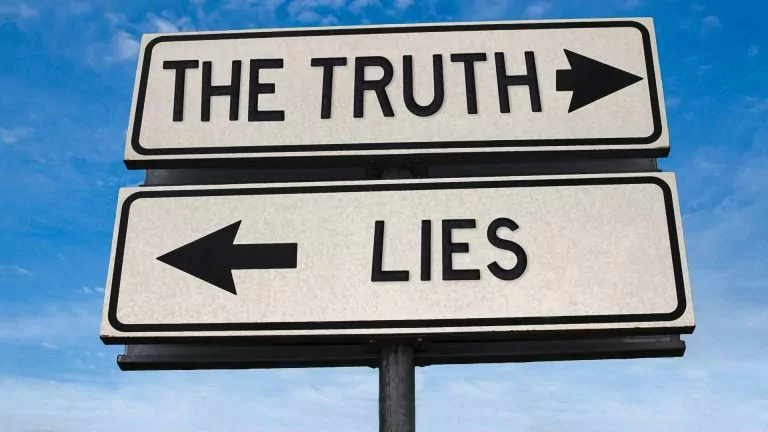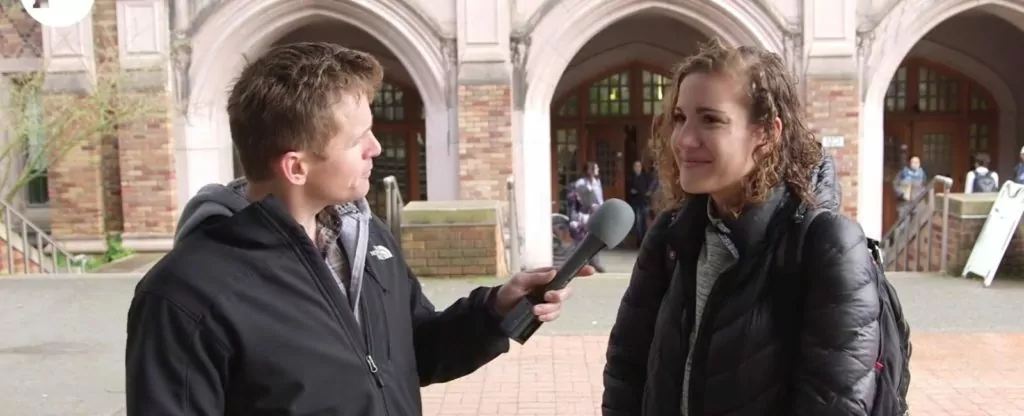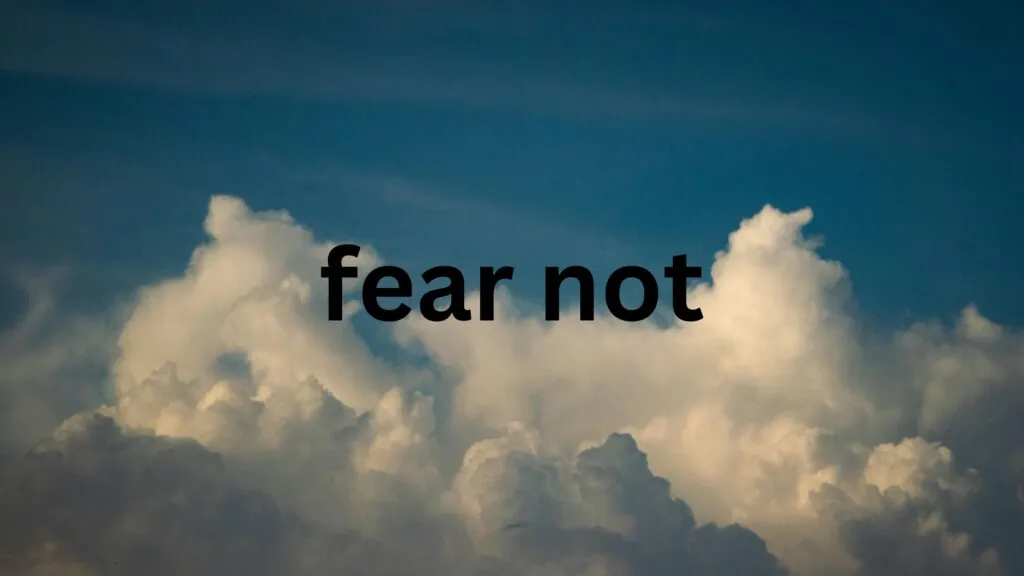New Year’s resolutions – we all make them and then we all break them. Perhaps praying the first part of the Proverbs 30:8 prayer is a great reminder as we move further into 2021: Remove far from me falsehood and lying…
*****
I can’t lie; my bed is broken.
This small one-liner has you thinking twice, and is designed to create a smile in those who hear it. The underlying sad truth, however, is not really funny because all of us can, and do, lie. Every day we lie, again and again. We are surrounded by lies. We only have to turn on the daily news to be overwhelmed by the untruthfulness of the world around us. The voter fraud that has gone on in the presidential election of the US, (and many other countries), is only a small example of continual lying.
There is nothing in the world so abysmally sad as to catch someone we love and admire in lies. The October 2020 edition of WORLD magazine ran an article by Emily Belz on Christian apologist, Ravi Zacharias. Sexual misconduct claims on this well-known figure were investigated. Accusations were addressed in which a number of women, who provided regular massage therapy to Zacharias at spas he owned, claimed he had touched them without their consent. A nasty business and one which dishonors our Lord! Zacharias died in May of 2020 of cancer. While alive, he steadfastly denied all these accusations.
Refuge for those who seek
We’ve all had to deal with lies, disappointments, and broken promises. We all live in a world tainted by sin. As such we need help, we need a place to which we can run, a place in which to hide, a place which has comforting truth.
There are stories of hiding, especially stories dealing with Jews during the Second World War when they were so brutally hunted down by the Nazi regime. There is the accounting of a husband and wife, a Jewish couple, who were hidden in a church in Rotterdam, a church situated on Breeplein. They had three daughters who were taken care of by way of foster homes throughout the duration of the war, but they themselves were hidden by the pastor of that church in an area behind the organ. One of the granddaughters, Daphne Geismar, later wrote:
“Access to the attic hiding place was by a retractable ladder, through a trapdoor, which was covered with a cloth when closed. The attic sat below a steeply pitched roof, its brick and cement walls were windowless, and there was no floor—only joists, forcing one to step from beam to beam to avoid falling through the ceiling below. It was frigid in winter and suffocating in summer.”
Her grandparents thankfully made it to the end of the war and thought themselves ”lucky” to have done so. This despite the fact that each Sunday, they must have been privy to preaching, to the proclamation of God’s Word; this despite the fact that hopefully the pastor would have testified to them by his words and actions of Jesus Christ. This truly might have been their hiding place in a deceitful and perfidious situation. But as far as we know, they did not avail themselves of it.
In his The Treasury of David, a commentary on the Psalms, Charles Spurgeon writes a note on Psalm 32:7. He says:
“Suppose a traveler upon a bleak and exposed heath to be alarmed by the approach of a storm. He looks out for shelter. But if his eyes discern a place to hide him from the storm, does he stand still and say, ‘I see there is a shelter, and therefore I may remain where I am’? Does he not betake himself to it? Does he not run in order to escape the stormy wind and tempest? It was a ‘hiding-place’ before; but it was his hiding-place only when he ran into it and was safe. Had he not gone into it, though it might have been a protection to a thousand other travelers who resorted there, to him it would have been as if no such place existed.”
It is a good thing to remember that the Judge of all the earth is merciful and kind, not holding us accountable for our sinful lies if we go to Him, confess our sins to Him, and repent before the cross of our Lord Jesus Christ. But that is only if we, as the Prodigal Son did, run to Him. If liars, if sinners, do not do this, then it is vital to know that the Judge of all the earth will do what is right.
An allegory
There is an allegory, and I’m not sure where it came from but I will recount what I remember of it. There was a man who had been heavily involved in the hunting down of Jews during the Second World War. He was a fellow whose days had been filled with murder and bloodshed. He had personally been responsible for the killing of thousands during the Holocaust. Cruel and willful, he had no thought of repentance to either man or God, but he was afraid. To the outward eye, to his post-war neighbors, he appeared a gentle and successful businessman, but inside his mind and heart he continually relived his war days. His fear, a fear which ate him up every day, was of being caught by earthly authorities and earthly judges. Sadly, instead of turning to Jesus Christ and pleading forgiveness for his heinous past, he tried to devise a means of escape on his own.
This man, we’ll call him Esau for the sake of clarity, concocted a strange plan to escape his feared earthly judgment. He loved paintings. Each week he would spend hours in the museum gazing at masterpieces. One painting which he loved above all other paintings was an idyllic nature scene. Visible peace oozed from the canvas. In the center of the painting was a small boat. A man sat in that boat, a fishing rod in his hand. Mountains lined the background and the sky above was vast and still. There was a bench in front of that painting and Esau often sat on that bench drinking in and contemplating the peace and the quiet of that scene. He coveted it. There were times that he was almost transported, almost becoming the man in the boat. He then fancied that one day he would be able to relocate himself into the vessel and literally sit in the boat. It became a fixation for him and he was sure that he could become that man, and thus be freed from all his worries.
Inevitably the day arrived when Esau’s wicked past came to light and the police began to investigate and search him out. Esau became aware that they were about to arrest him and he panicked. Leaving his house in the dead of night, he drove straight to the museum. Able somehow to enter, he made his way through the dark corridors of the building and came to the room where the painting he so admired hung. But it was very dark and his steps were unsure. He knelt in front of where he thought the picture was hung and tried harder then he ever had before, to transfer his entire being into that painting. He felt himself succeeding.
A few hours later the police finally traced Esau to the museum. Eventually they too came to the room where the painting Esau had so admired hung. “Nice painting,” one commented and another agreed with him. They both failed to notice that next to the peaceful, pastoral scene hung another painting, a painting depicting pain and the crucifixion of criminals. They also both failed to notice that the contorted face of one of those criminals was eerily like the man whom they were seeking.
“But I have stripped Esau bare; I have uncovered his hiding places, and he is not able to conceal himself. His children are destroyed, and his brothers, and his neighbors; and he is no more” (Jeremiah 49:10).
We enter 2021. Who knows what the year will hold? Oh, Lord, remove from us falsehood and lying.











